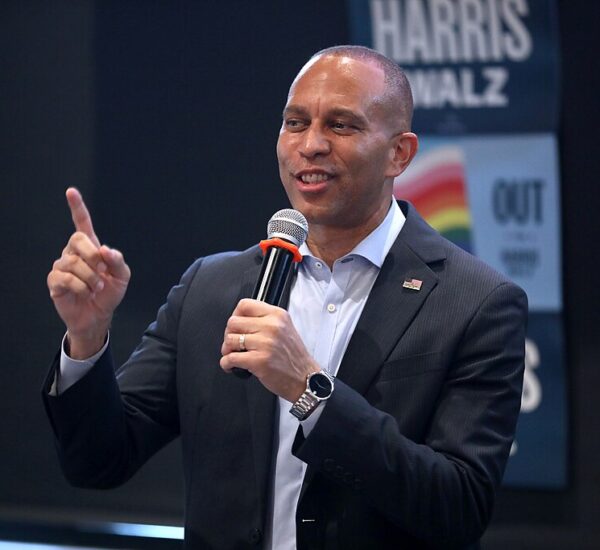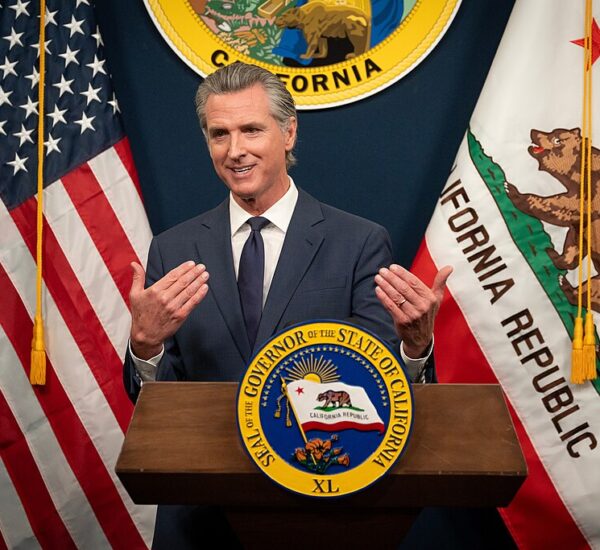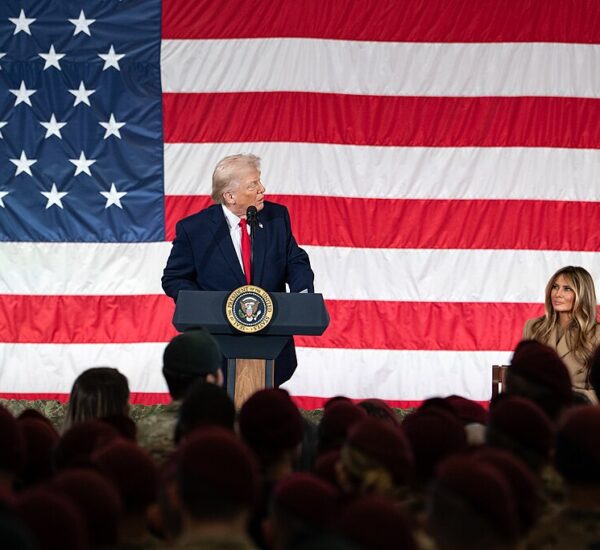Pence-Backed Group Escalates Tensions With Trump White House
Former Vice President Mike Pence’s political organization is openly challenging one of President Donald Trump’s newest drug-pricing initiatives, creating fresh friction on the Right as the 2024 policy battles heat up.
Advancing American Freedom (AAF), the conservative group created by Pence after leaving office, is launching a six-figure digital ad campaign attacking Trump’s Most-Favored-Nation (MFN) drug-pricing plan.
AAF President Tim Chapman says the policy amounts to “socialist price controls” and warns it could weaken America’s pharmaceutical leadership.
The messaging is aimed squarely at older voters, taxpayers, Medicare recipients, and the conservative base now watching drug prices closely.
New AAF Ad Frames Trump’s Drug Plan as a Win for China
The group’s half-minute ad opens with a stark warning:
“China remains the United States’ toughest economic rival, constantly pushing to take — and sometimes outright steal — our technology, our manufacturing base, and our skilled workforce.”
AAF argues that government-set drug prices would push jobs, research, and medical breakthroughs overseas.
The ad concludes with a strong call to action:
“Tell Congress to say NO to China by saying NO to MFN price controls.”
This message is designed to energize older conservative voters who prioritize national strength, economic security, and American innovation.
Trump Moves Forward With Major Drug Price Cuts
The criticism comes just as President Trump announced groundbreaking agreements with pharmaceutical giants Eli Lilly and Novo Nordisk.
These deals aim to slash the price of popular medications such as Ozempic and Wegovy—drugs widely used to treat obesity, diabetes, and heart disease.
According to the Trump White House:
- Prices will drop by hundreds of dollars
- Medicare and Medicaid patients will see major savings
- MFN pricing will apply to all new medicines entering the U.S. market
- A new portal, TrumpRx, will help Americans access lower-cost prescriptions
For seniors—particularly the 50+ conservative audience—this represents one of the most significant drug-price reforms in decades.
President Trump called the move:
“A triumph for American patients that will save lives and improve health nationwide.”
Pence Allies Warn of Long-Term Consequences
But Pence’s team remains unconvinced.
In a memo released earlier this year, AAF warned that MFN drug pricing could reduce American pharmaceutical innovation and slow the discovery of new treatments.
Chapman told Fox News Digital:
“More regulations and more red tape mean fewer cures. The free market—not more government intervention—is the real path to lower prices.”
This message resonates with traditional conservatives who distrust federal expansion and fear long-term economic consequences.
This Isn’t the First Pence–Trump Policy Clash
AAF has repeatedly split from Trump on economic issues in recent months, including:
- Tariffs and trade policy
- Reforming the Senate filibuster
- Concerns over federal overreach
Pence, once Trump’s loyal vice president, is now positioning his organization as a watchdog against policies the group sees as too interventionist.
White House Responds With Sharp Pushback
The Trump White House quickly dismissed AAF’s attacks. Spokesman Kush Desai told Fox News Digital:
“Anyone labeling President Trump’s groundbreaking drug-pricing reforms as ‘price controls’ is showing either staggering ignorance or deliberate dishonesty.”
He added that Americans—just 4% of the world’s population—have been paying nearly 75% of global pharmaceutical research costs, while foreign governments pay far less.
Trump’s reforms, he said, ensure that other wealthy nations finally pay their fair share, restoring what conservatives consider true free-market balance.
Bottom Line
Pence’s group is once again challenging President Trump—this time over drug pricing, federal regulations, and America’s economic relationship with China.
For conservative voters, especially those 50 and older, this issue cuts directly into concerns about:
- Prescription drug costs
- Medicare spending
- American jobs
- National security
- Free-market principles
The political divide between Trump and Pence continues to widen—and this latest policy fight puts that split on full display.






